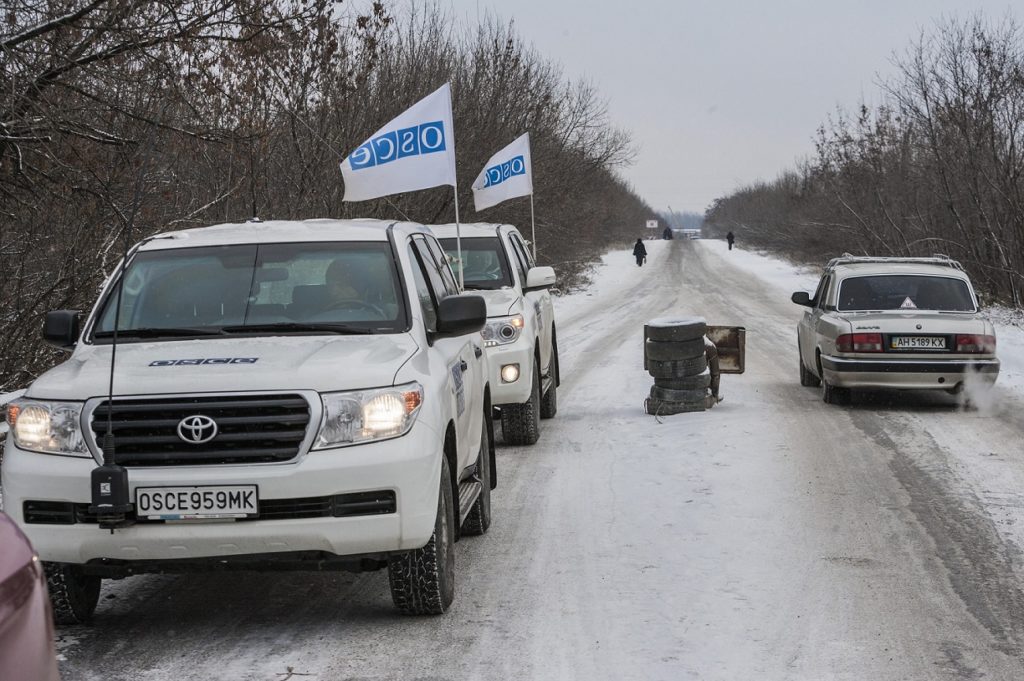Project
Conflict Management in Eastern Europe

Many conflicts in Germany’s and the EU’s eastern neighborhood remain unresolved, with serious consequences for the population. Phases of apparent stability have been followed by new outbreaks of war in Georgia and Nagorno-Karabakh. In Ukraine, Russia is currently waging a war of aggression that continues the annexation of Crimea and the war in the Donbass since 2014 in the most brutal way. The ongoing violence by the Russian Federation, which has so far claimed the lives of well over two thousand civilians on the Ukrainian side (OHCHR, April 2022), and Russia’s blatant disregard for international law make any progress or “resolution” of the conflict in terms of sustainable conflict management and transformation a distant prospect. In addition, Russia and its war of aggression are having a destabilizing effect on the entire region, with consequences that are currently difficult to assess.
Despite Germany’s contribution to crisis prevention and stabilization as well as its humanitarian aid for the people in the region, what has been missing so far is sustainable political investment in conflict management beyond acute phases of violence or escalation. Due to its close relations with the states in the region, its perception there as a comparatively neutral actor and as the largest EU member state, Germany has the potential to make a more significant contribution to dealing with the conflicts, also taking into account the guidelines “Preventing Crises, Managing Conflicts, Promoting Peace” as well as the departmental strategies.
With this work project, the Advisory Board would like to anchor the conflicts in Eastern Europe more firmly in the German foreign and security policy agenda. Among the conflicts in which Berlin could demonstrate its power to shape policy, the unresolved conflicts in its eastern neighborhood are at the forefront. The core objective should be to identify and develop new options for German engagement in conflict management in Eastern Europe and Eurasia. These fields of action should include (security) political, diplomatic, economic, and civil society means.
